The open sea serves as both a livelihood and a challenge for commercial fishing operations. In this dynamic and often unpredictable environment, effective communication is not just a convenience but a necessity. Marine radio networks and channels play a pivotal role in enhancing the efficiency, safety, and overall success of commercial fishing endeavors. In this article, we explore the various benefits of leveraging marine radio networks in the context of commercial fishing operations.
Importance of Communication at Sea
Effective communication at sea is the backbone of successful commercial fishing operations. The ability to convey critical information, coordinate activities, and respond promptly to changing conditions is paramount. Marine radio networks provide a reliable means of communication, enabling vessels to stay connected over vast distances, even in challenging maritime conditions.
Efficiency through Real-Time Information Exchange
One of the primary benefits of marine radio networks in commercial fishing is the facilitation of real-time information exchange. Vessels can share valuable data about fishing grounds, weather conditions, and catch updates instantly. This timely exchange of information allows for informed decision-making, optimizing fishing strategies, and adapting to evolving situations, ultimately enhancing operational efficiency.
Safety and Emergency Response Enhancements
Safety is a top priority in commercial fishing, where the inherent risks of the sea demand proactive measures. Marine radio networks offer a crucial lifeline for emergency communication. In distress situations or unforeseen challenges, vessels can swiftly transmit distress signals, ensuring a rapid and coordinated response from nearby vessels or maritime authorities. This capability enhances overall safety and contributes to the swift resolution of emergencies.
Coordination for Resource Management
Commercial fishing operations often involve multiple vessels working in proximity. Marine radio networks facilitate seamless coordination among these vessels. Captains and crews can communicate about their activities, share information on fishing yields, and coordinate movements to avoid conflicts. This collaborative approach to resource management fosters a more sustainable and organized approach to commercial fishing.
Compliance with Regulations and Guidelines
In the maritime industry, adherence to regulations and guidelines is imperative for the safety of vessels, crew members, and the marine ecosystem. Marine radio networks ensure compliance with communication protocols and standards set by maritime authorities. This includes using the appropriate radio channels, adhering to frequency regulations, and following emergency communication procedures mandated by international maritime organizations.
Cost Savings and Improved Productivity
Effective communication through marine radio networks contributes to cost savings and improved productivity in commercial fishing operations. By streamlining coordination, vessels can optimize their routes, share information about favorable fishing grounds, and adjust strategies based on real-time insights. This results in reduced fuel consumption, enhanced catch efficiency, and overall improved productivity.
Maximizing Efficiency and Safety at Sea
In conclusion, the benefits of marine radio networks and channels for commercial fishing operations are multifaceted. From ensuring efficient real-time communication and enhancing safety and emergency response capabilities to facilitating coordinated resource management, these networks are indispensable tools on the open sea. Compliance with regulations and guidelines, coupled with the potential for cost savings and increased productivity, further underscores their significance in the commercial fishing industry. As technology continues to advance, leveraging marine radio networks becomes an integral part of maximizing efficiency and safety, allowing commercial fishing operations to navigate the challenges of the sea with confidence and success.

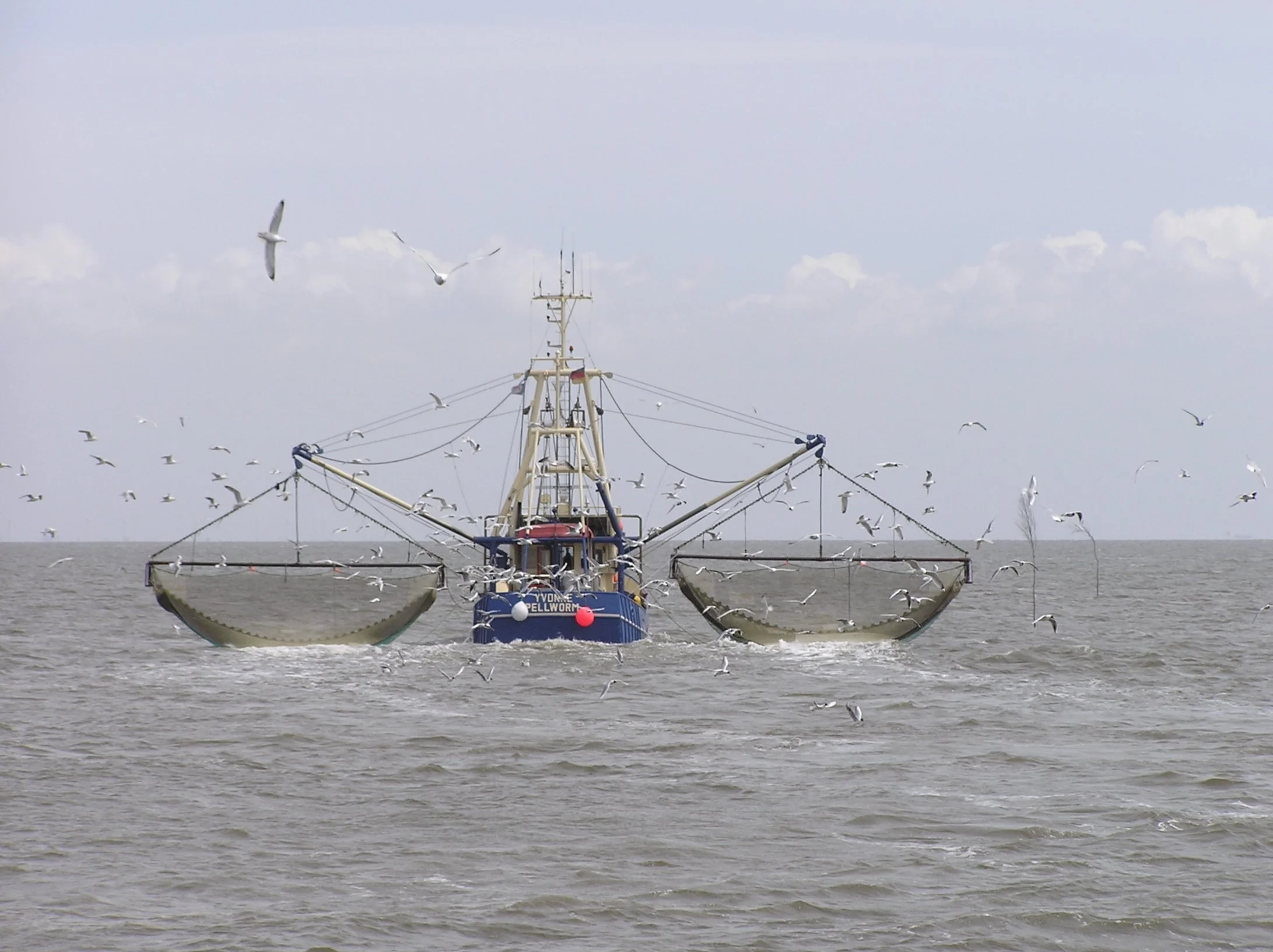

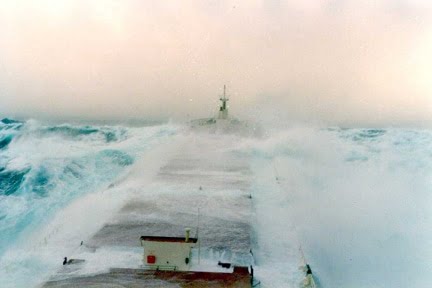
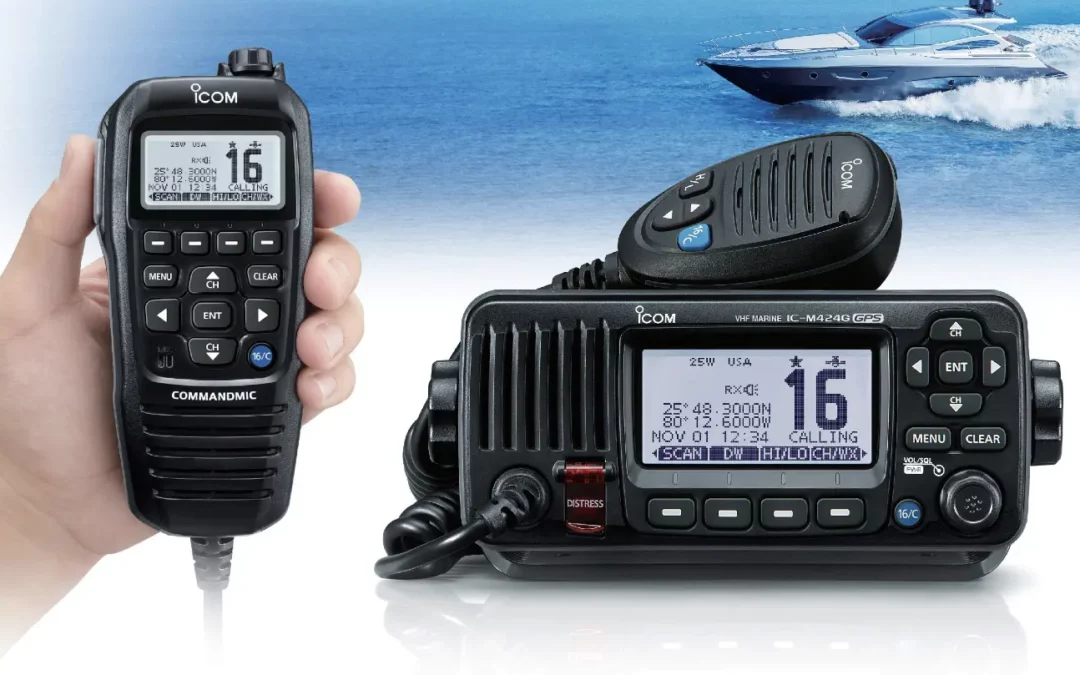

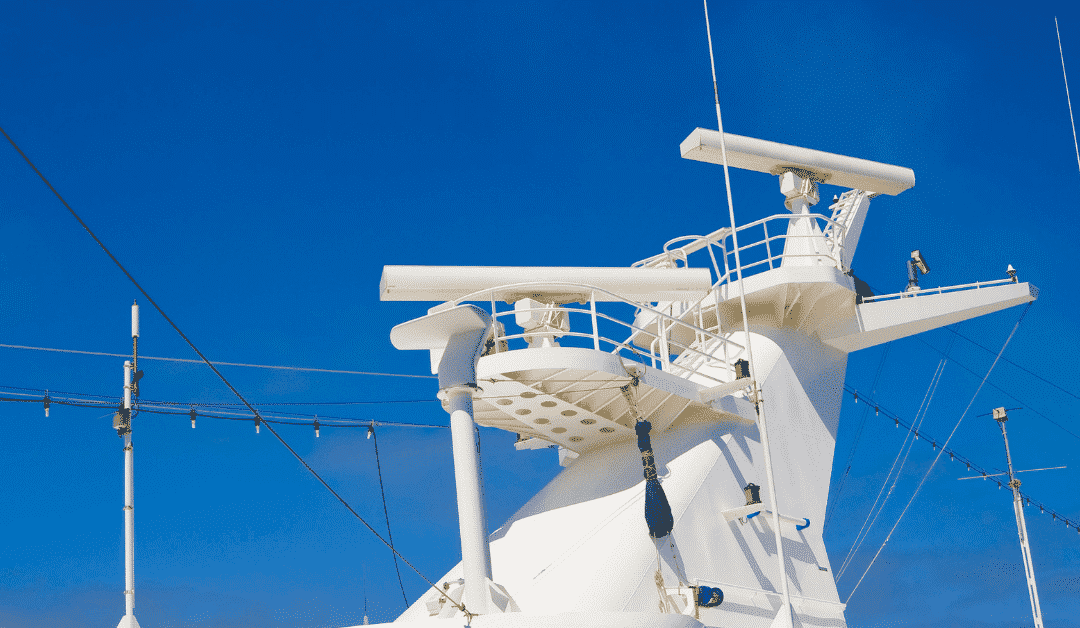
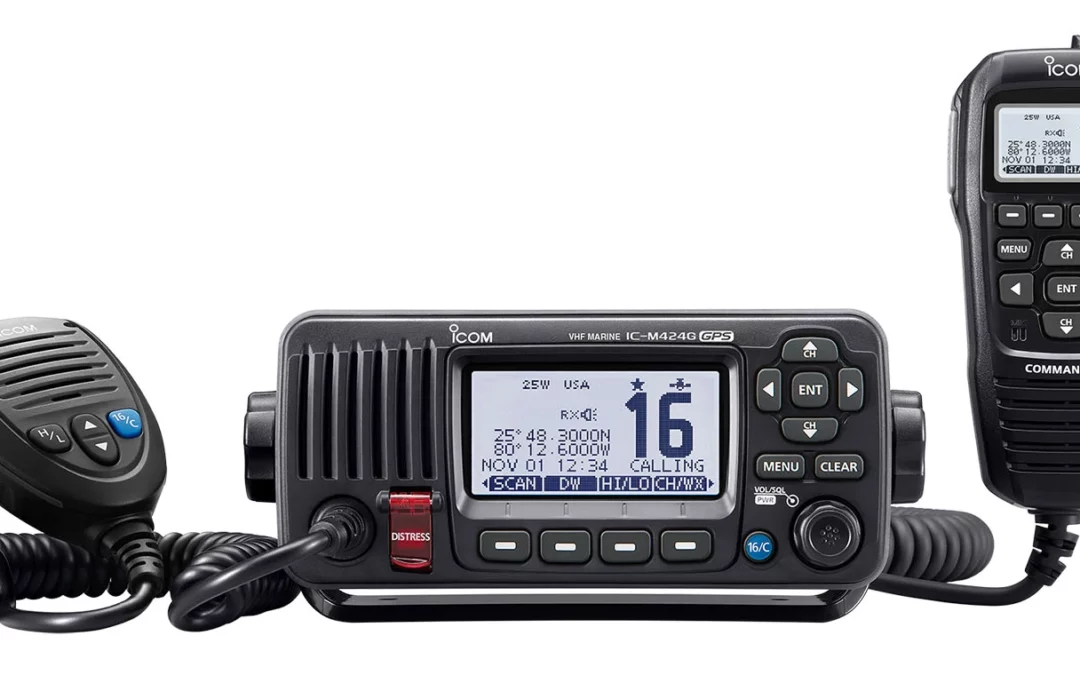
0 Comments